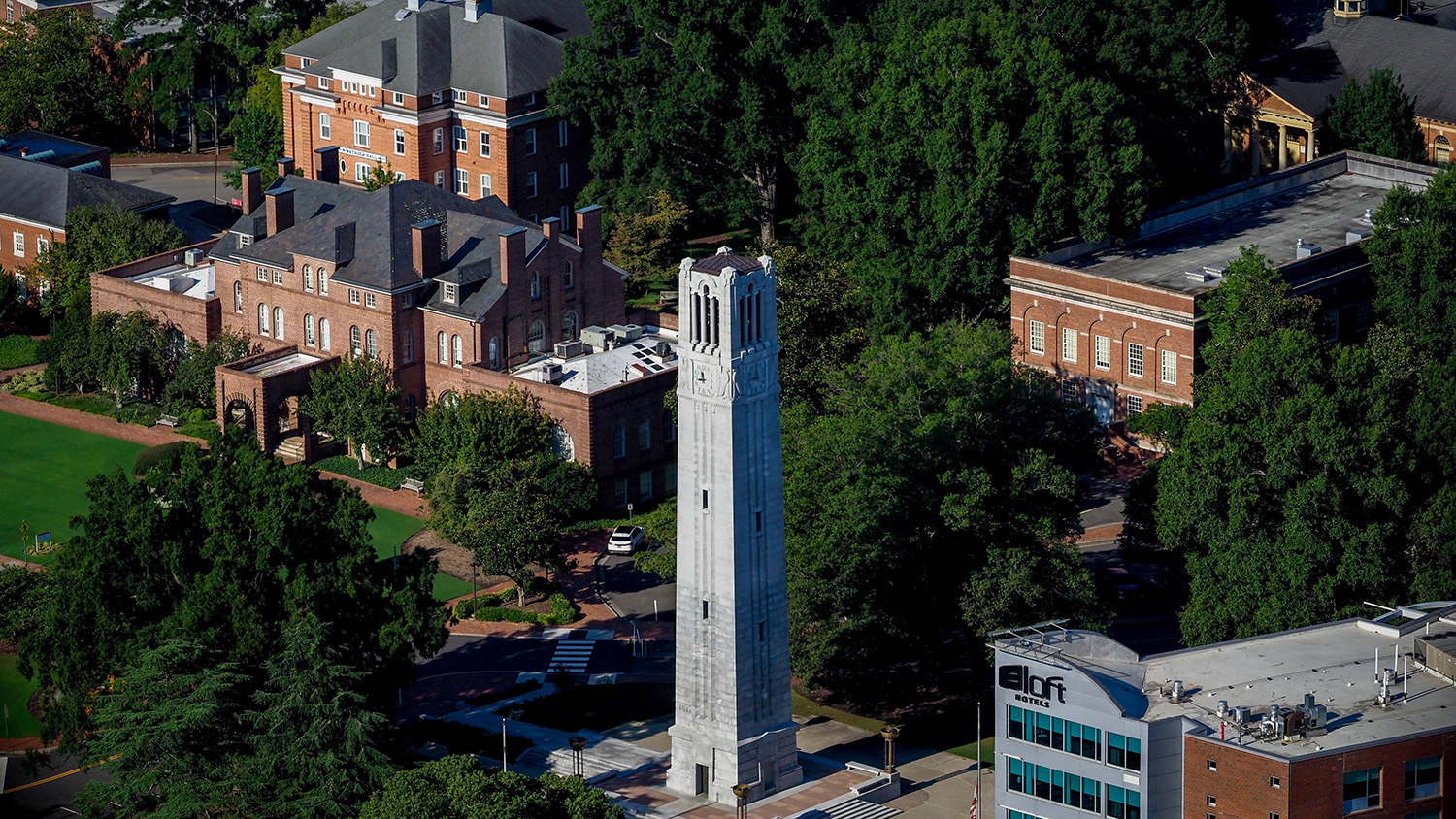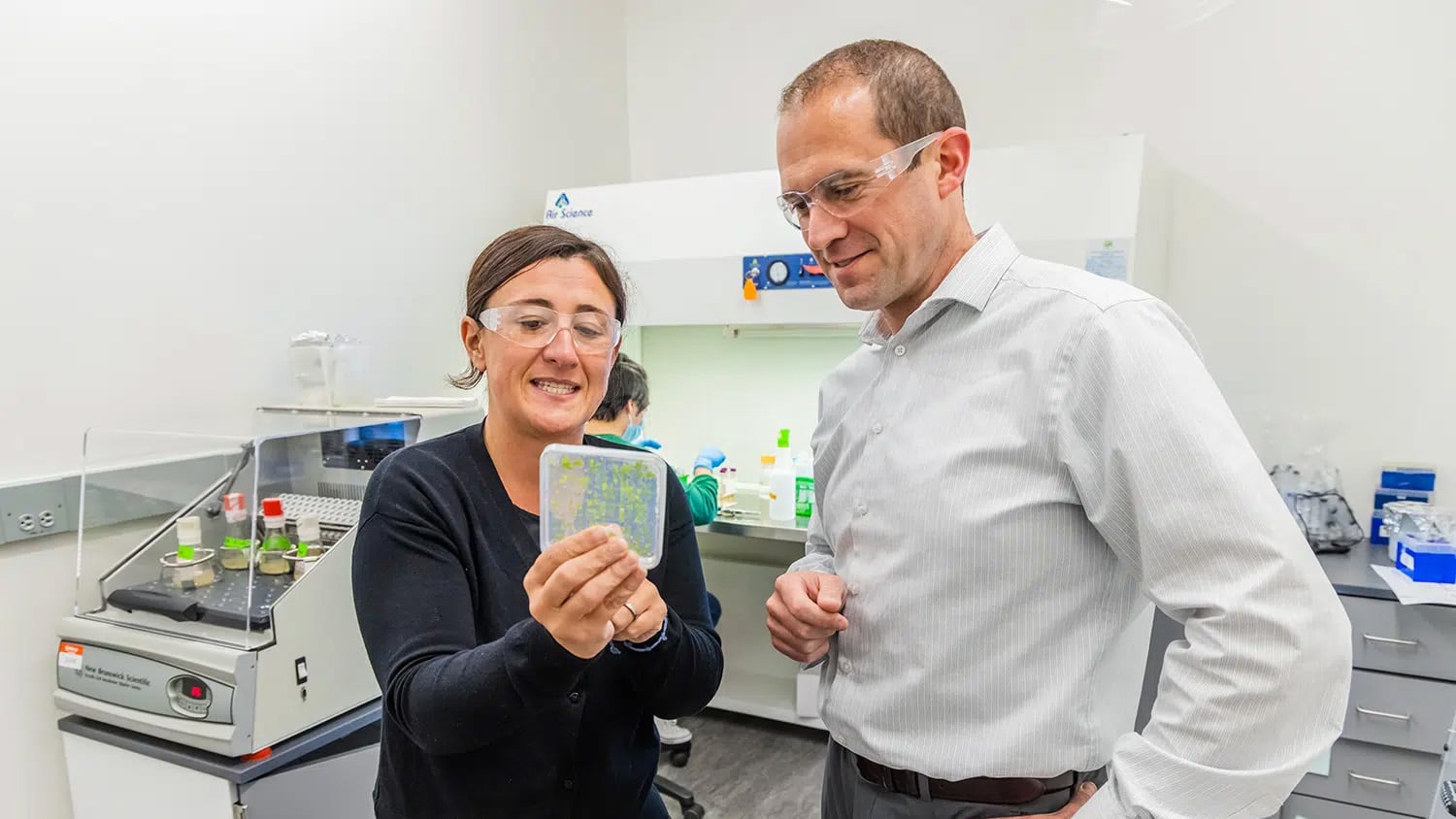Doggie Donor
Chip and Zeke are brothers. So when Zeke was diagnosed with acute lymphocytic leukemia (ALL), Chip was the natural choice to donate cells for his brother’s bone marrow transplant.
The catch? Chip and Zeke are Cavalier King Charles Spaniels, and have different owners.
Chip and Zeke were reunited – and their owners met for the first time – at NC State, where Dr. Steve Suter, assistant professor of oncology, harvested Chip’s stem cells to perform the university’s first allogenic, or donor, bone marrow transplant in dogs.
When a human being gets leukemia, a bone marrow transplant is a fairly commonplace treatment. But it wasn’t always that way, and we have our canine friends to thank for it. Bone marrow transplantation is a therapy that was developed and tested in dogs before it became available to humans. Now NC State is returning the favor by offering bone marrow transplants to canine leukemia patients.
Suter has been performing bone marrow transplants on dogs since 2008, making NC State the only veterinary university in the nation to offer this service. These initial transplants all utilized stem cells harvested from the dog’s own blood, which meant that only dogs who were currently in total remission could be treated.
“In the case of ALL, the only transplant possible is from a donor, because cancer cells are floating around in the patient’s bloodstream, making it very difficult to harvest stem cells that are free of cancer cells,” Suter says.
Suter hopes that cases like Chip and Zeke will lead to a donor database for dogs, similar to the sort that people use.
“We wouldn’t have bone marrow transplants if it wasn’t for dogs,” Suter says. “It only seems fair that they should have access to the therapy they were instrumental in creating.”
- Categories:


